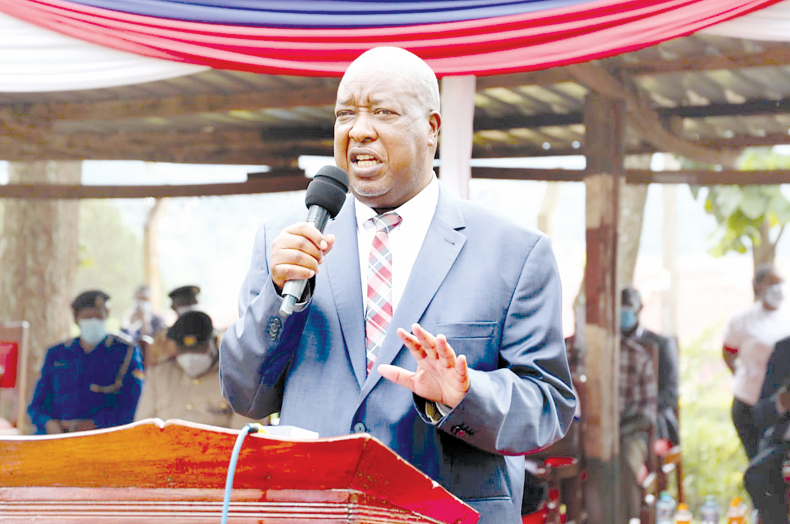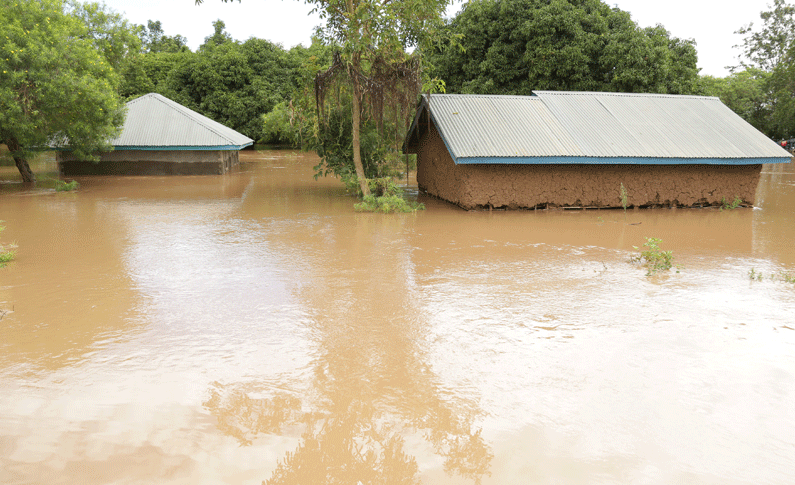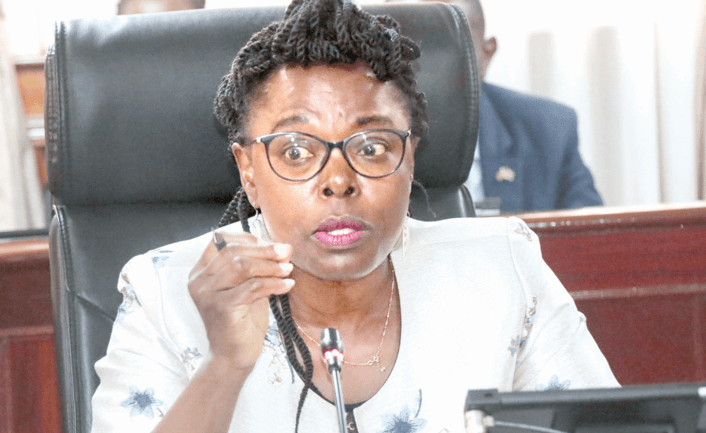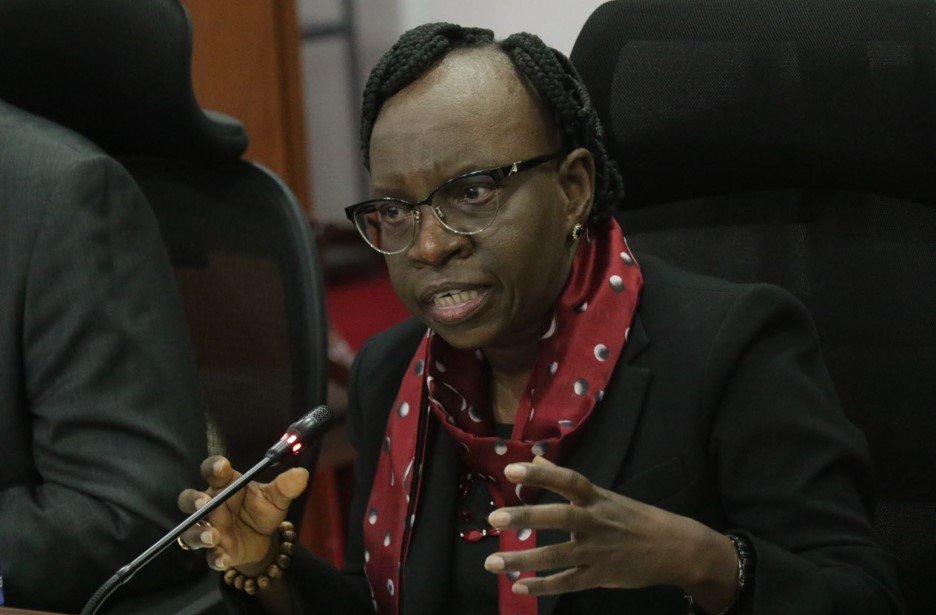Health expert lauds gains made in Water, Sanitation and Hygiene

What is the status of Water, Sanitation and Hygiene (WASH) in Kenya?
This would need a formal evaluation to give an accurate status. There have been attempts by the government and with support from donors to improve WASH over time and we have seen improvement in treatment of water and reduction of open defecation.
We can still do better in communities and slum areas that may lag behind.
How has coronavirus impacted WASH status across the country?
Following the precautionary Covid-19 measures, the WASH status in the country has improved. Mainly in the area of hand washing.
My personal experience while in town shopping has led to washing hands several times as each shopkeeper assumes that you have touched something in between the shops.
Not certain about the other aspects of hygiene, but there are stories of spouses and children asking their partners or parents to change their clothes and shower before engaging the rest of the families when they come in.
These are case reports, but a formal evaluation and surveillance data from the health facilities and communities can give us a near accurate assessment of the nature and level of improvement of WASH.
As I indicated earlier it is possible that we see fidelity to the precautions when in public places where people practise what is called social desirability (doing it because of the public or authority expectations), but when by themselves they resort to the norm.
The flooding situation in the country has, however, complicated WASH in some regions and we may still experiences waterborne diseases.
Are there any measures to ensure WASH in time of the Covid?
I have not seen any public efforts to subsidise any of these costs unless there are private decisions to reduce the prices.
The donations by private and public sector have, however, helped several people.
Will there be policies for such situations in future?
There are policies or standard operating procedures on WASH. I think the government is progressively working on management of such Covid-19 like pandemics and this should encompass the management of other issues that would be related to the control of the pandemic, directly or indirectly.
There should be periodic mock pandemic drills to test the country preparedness and adjust accordingly.
Policy dissemination should be improved to ensure necessary information reaches all in time.
Was there community engagement in this?
Community engagement should be a continuum, (before, during and after implementing an intervention).
There could have been little of the “before” because controlling of the pandemic was being treated as emergency, however, I believe that there has been a feedback mechanism during the implementation, which has continually assisted the government to adjust the strategies to suit our Kenyan situation while retaining the technical components that are standard and absolute.
As a country, what lessons should we learn from this pandemic?
We need to intensify pandemic preparedness. As we manage the pandemics, we should not lose the gains already made in controlling other diseases.
We need to maintain the gains achieved during management of the pandemics as some measures help in the prevention of other conditions beyond the pandemics.










